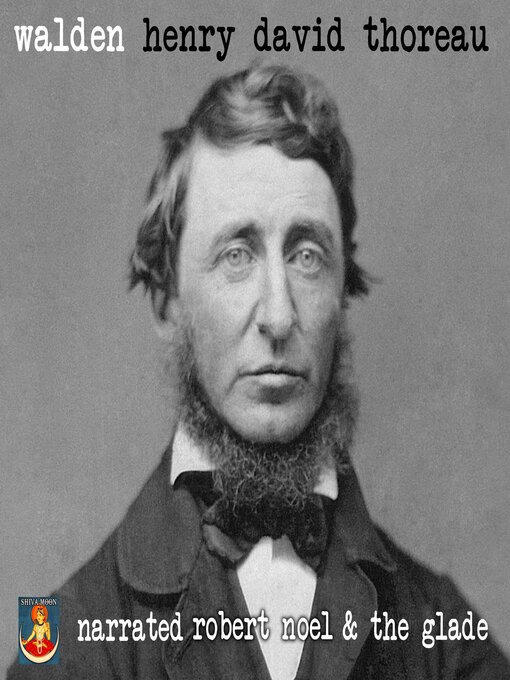"I went to the woods because I wished to live deliberately, to front only the essential facts of life, and see if I could not learn what it had to teach, and not, when I came to die, discover that I had not lived."
"If a man does not keep pace with his companions, perhaps it is because he hears a different drummer.
"Walden" is a literary masterpiece written by the American philosopher and naturalist Henry David Thoreau. It is a book that chronicles Thoreau's experience of living a simple life in a cabin on the shores of Walden Pond in Massachusetts for two years. Thoreau writes about his experiences fishing, hunting, and farming, as well as his observations of the wildlife and natural beauty around him. He also discusses his philosophical beliefs, including his ideas about individualism, self-reliance, and the importance of living in harmony with nature. One of the central themes of "Walden" is the idea that simplicity is the key to a fulfilling life. Thoreau argues that people often become distracted by the material trappings of modern society and lose sight of what truly matters. By living a simple life, Thoreau suggests that people can reconnect with nature, cultivate their creativity and imagination, and develop a deeper understanding of themselves and the world around them. Another important theme of the book is the idea of self-reliance. Thoreau believes that people should be self-sufficient and not rely on others for their basic needs. He advocates for a life of independence and individualism, arguing that people should strive to be self-reliant and not be swayed by societal pressures. Thoreau also explores the concept of time. He believes that time is a precious resource that should be used wisely. He encourages people to spend their time engaged in meaningful pursuits, such as reading, writing, and contemplation, rather than being consumed by the trivialities of daily life.


